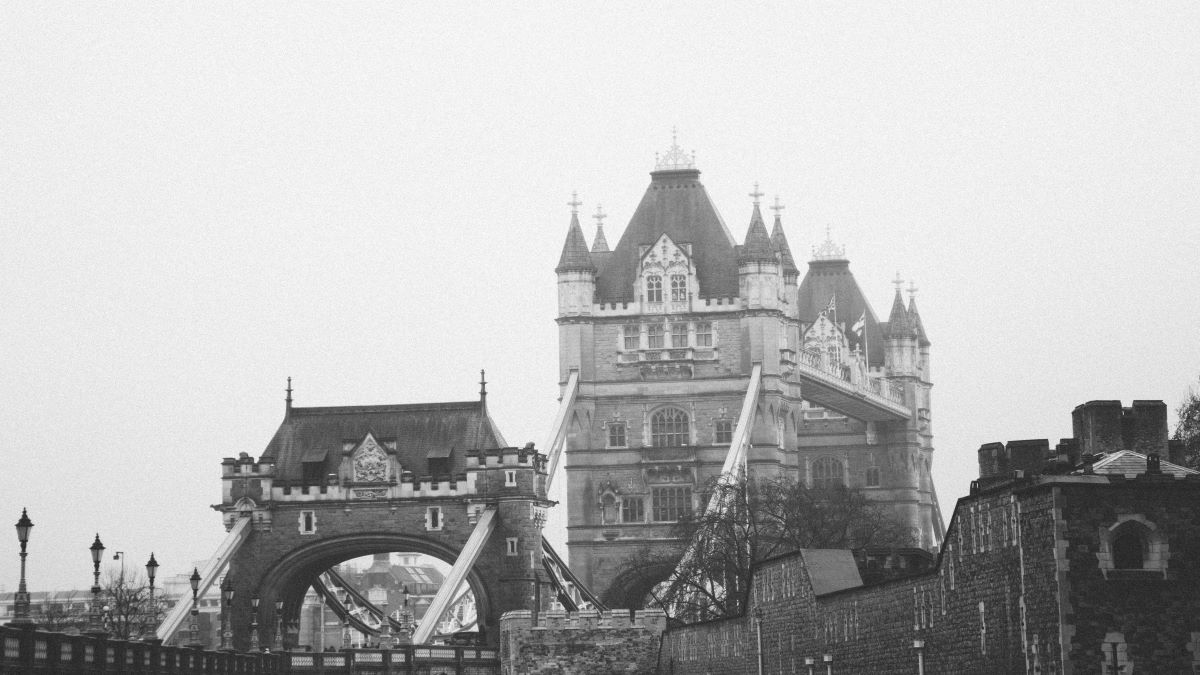We live and breathe insurance, so we decided to find out exactly how our industry began. This may not be for everyone – but for those who feel like a bit of a history lesson, we hope you enjoy.
Believe it or not, Australian bushranger Ned Kelly was the reason for the first ever fire-related property insurance claim. He and his gang burned down a pub in 1880 during a final siege with police.
Before we go into that piece of Australian history, though, let’s hit rewind for a minute and find out when insurance – and indeed, landlord insurance – first began.
The first known insurance policy
If you refer to the history books, insurance is said to have begun in the second millennia, as far back as the 1300s. Methods for transferring or distributing risk (insurance) were apparently practiced by Babylonian, Chinese and Indian traders. The insurance industry evolved over time and the first known insurance contract was written in 1347.
Later, during the European Enlightenment era (1685-1815), insurance became more sophisticated and specialised types of insurance were developed – including property insurance. The first officially established fire insurance company in the world was Hamburg Fire Office, in 1676.
The beginning of property insurance
The idea – and need – for property insurance, including the fire insurance offered by Hamburg Fire Office, came about in London quite a few years earlier, after the Great Fire of London ripped through the city in September 1666. It raged for four days straight, devouring 13,000 houses, 89 churches and 52 guild halls (town halls). While there were only 16 recorded deaths, 430 acres – or four-fifths of the city – was razed. The estimated property damage was £10,000,000 – £1.5 billion in today’s money.
Around that time, practically everything was made of wood, including buildings, footpaths and thatched roofs on houses built of brick and stone. To avoid the spread of fires, houses in the path of the fire were destroyed before the fire reached them, creating ‘fire breaks’ and depriving the flames of fuel.
In fact, fires were so prominent in London in 1666 that when the Lord Mayor was informed about the September fire, he went back to bed. Unfortunately, what he woke up to was more than 100,000 people left homeless and a city needing to be rebuilt.
Side note: The only upside to the fire was that it effectively halted the spread of the plague that had gripped the city the previous year!
At the time, tenants (not landlords) were liable for repairs to a property and were also expected to pay rent while rebuilding their homes. Property disputes were therefore common after the fire, and a Fire Court had to be set up to decide who should pay, based on ability to pay.
Soon after, the 1667 Rebuilding Act was introduced with a slew of fire prevention regulations in place. Among them, an item dictating that buildings be erected of only brick and stone.
A few years later, a law which allowed the creation of an organisation that would indemnify for losses due to fire, was passed. And the first property insurance company, Insurance Office for Houses, was created.
The success of this venture resulted in many similar companies being founded and, by 1690, one in 10 houses in London was insured.
Once these businesses were well established in their own country, they were attracted by colonies from other countries, including a growing Australia in the early 1800s. The global expansion of British insurers since then – in Australia and other countries – is a key part of the industry’s growth and history, documented widely in various history resources.
The Australian property insurance archives
Safely stored behind the walls of the Victorian State Library is an archive of over 3,000 insurance records that demonstrate the important role insurance companies have played in protecting property in Australia since the 1800s.
Among the records is the story of an iconic Melbourne department store, Georges, which burnt down in 1889 after a devastating fire destroyed the prestigious Collins Street address. Melburnians – and many visitors to Melbourne – know this site now as the famous Block Arcade, which was built in place of Georges after a £2,000 payout was granted.
Also included in the records is an 1870 claim by Mrs. Ann Jones, the operator of Victoria’s Glenrowan Inn. It shows receipts of £100 being paid to her after Ned Kelly and his gang destroyed her pub in the minutes before Ned Kelly’s gang was killed and he was finally captured by police.
The £100 payout was from the Colonial Mutual Fire insurance Co Limited, one of the original British insurance companies to arrive in Australia.
And the rest, as they say, is history. Australian companies were created, and our industry grew to what it is today. EBM RentCover was at the forefront of this growth, seeing a gap in the market and developing its first landlord insurance policy in Western Australia in 1991. It covered risks that had never been seen in the market, including rent default and tenant damage. After momentum gained in WA, the product was launched to the rest of Australia. And today, we’re proud to remain leaders in landlord insurance.
*While we have taken care to ensure the information above is true and correct at the time of publication, changes in circumstances and legislation after the displayed date may impact the accuracy of this article. If you need us we are here, contact 1800 661 662 if you have any questions.
You may also like
View all
Here are some great reasons why reading your PDS could be the most valuable few minutes you spend this year...

While the current rental market may appear favourable for landlords, it also brings a shifting set of expectations, risks, and responsibilities…

Prevention is far better than cure and, when it comes to avoiding tenant-related heartache, good communication can be the key...



